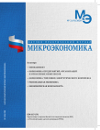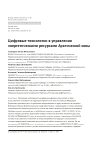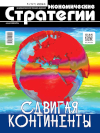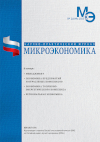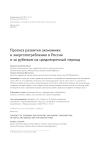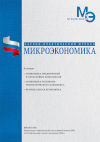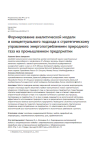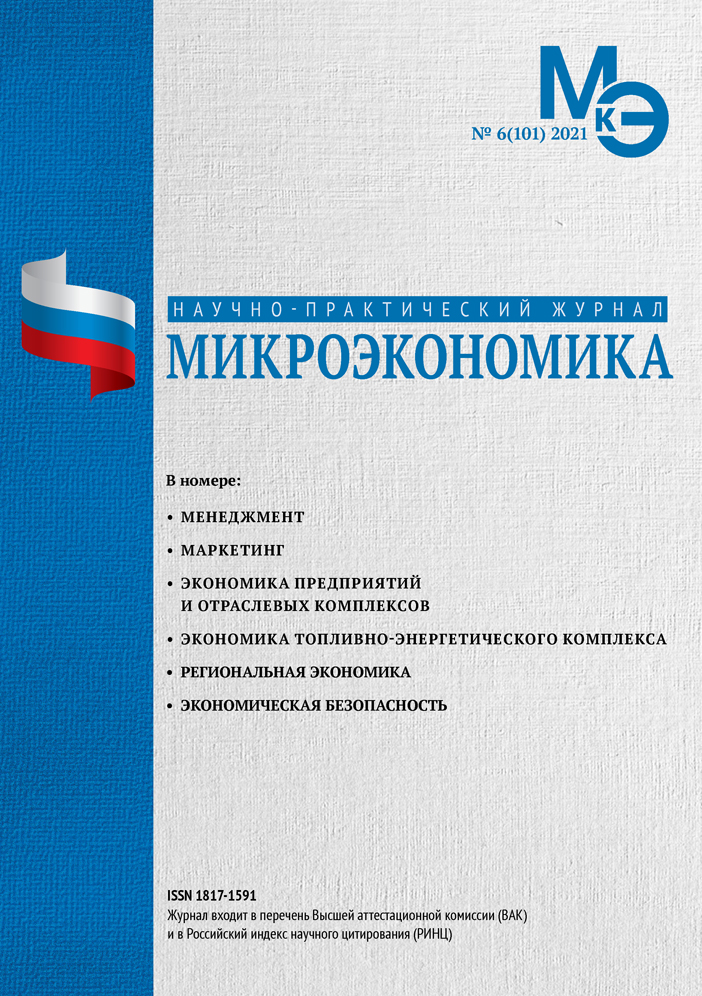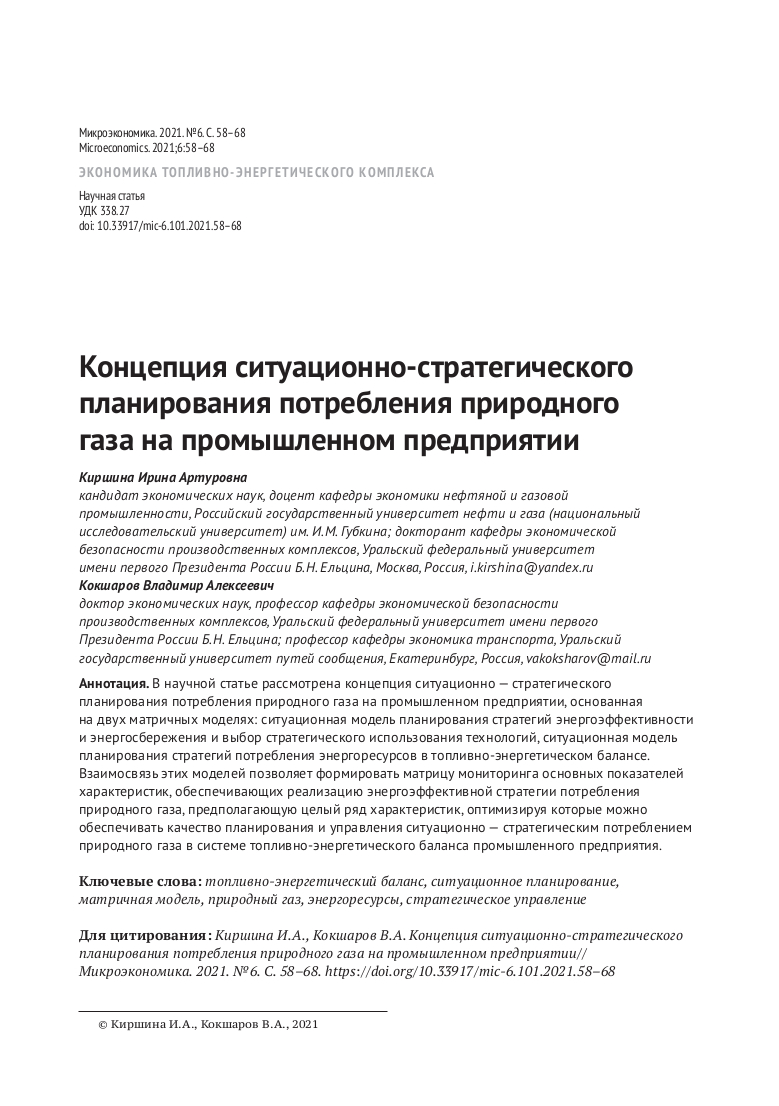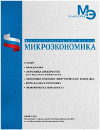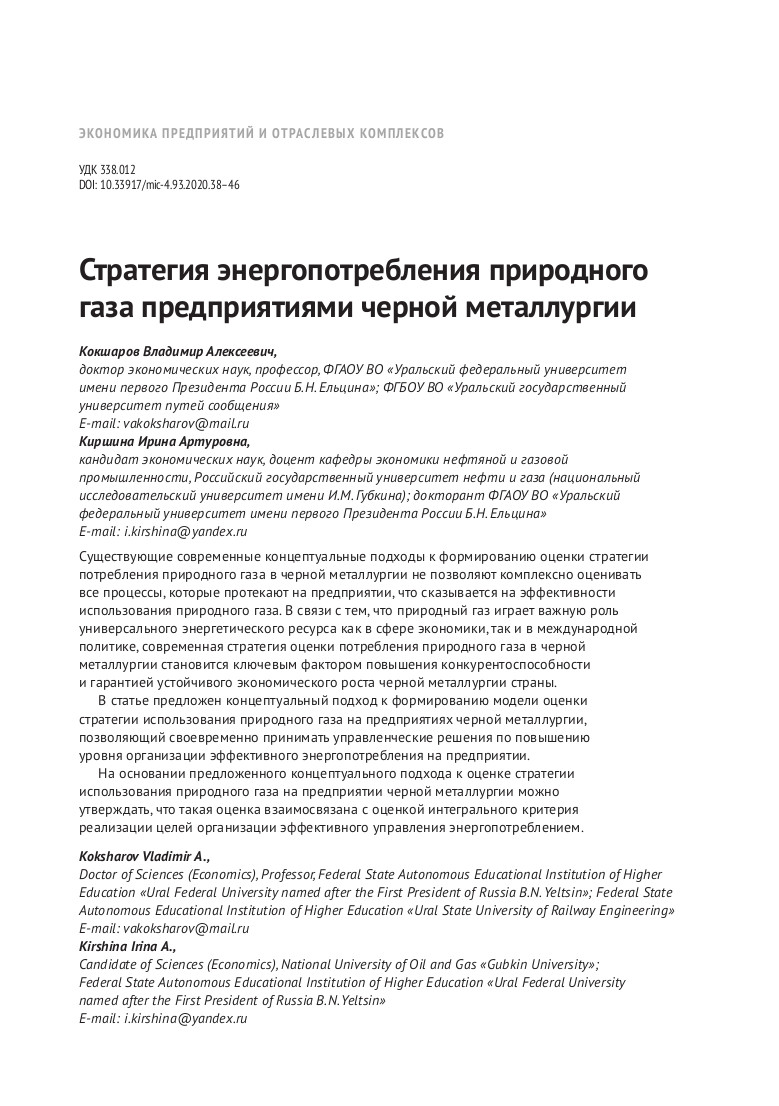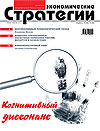Energy Security of the Eurasian Economic Union in the Context of New Challenges and Threats. Part II
DOI: 10.33917/es-6.198.2024.36-41
In the modern world, deep structural changes are taking place due to changes in technological structures. This process is accompanied by dramatic changes in the system of economic assessments and large-scale shifts in the economy.
Global energy industry is facing serious challenges and upheavals, requiring the search for new development opportunities for the fuel and electric complex. There are two key components implied here. The first one is the energy challenges facing the Eurasian Economic Union. The second is the readiness to overcome them through joint efforts.
References:
[1] — [15] no 5/2024, p. 31.
16. Movkebaeva G.A., Ondash A.O., Bimagambetova Zh.T., Saiylybaev A.M. Formirovanie obshchego energeticheskogo rynka EAES kak faktor obespecheniya energeticheskoy bezopasnosti Evraziiyskogo ekonomicheskogo soyuza [Formation of the Common EAEU Energy Market as a Factor in Ensuring Energy Security of the Eurasian Economic Union]. Vestnik KazNU. Seriya filosofii, kul’turologii i politologii, 2018, no 65(3), pp. 97–104, available at: https://bulletin-philospolit.kaznu/index.php/1-pol/article/view/701
17. Reshenie Vysshego Evraziyskogo ekonomicheskogo soveta ot 8 maya 2015 g. N 12 “O Kontseptsii formirovaniya obshchego elektroenergeticheskogo rynka Evraziyskogo ekonomicheskogo soyuza” [Decision of the Supreme Eurasian Economic Council dated May 8, 2015 No. 12 “On the Concept of Forming a Common Electric Power Market of the Eurasian Economic Union”]. Ofitsial’nyy sayt Evraziyskogo ekonomicheskogo soyuza, 2015, 12 maya, available at: http://www.eaeunion.org/
18. Reshenie Vysshego ekonomicheskogo soveta ot 31 maya 1916 g. N 7 “O Kontseptsii formirovaniya obshchego rynka gaza Evraziyskogo ekonomicheskogo soyuza” [Decision of the Supreme Economic Council of May 31, 1916 No. 7 “On the Concept of Forming a Common Gas Market of the Eurasian Economic Union”]. Ofitsial’nyy sayt Evraziyskogo ekonomicheskogo soyuza, 2016, 31 maya, available at: http://www.eaeunion.org//
19. Reshenie Vysshego Evraziyskogo ekonomicheskogo soveta ot 6 dekabrya 2018 g N 18 “O formirovanii obshchego rynka gaza Evraziyskogo ekonomicheskogo soyuza” (vmeste s “Programmoy formirovaniya obshchego rynka gaza Evraziyskogo ekonomicheskogo soyuza”, “Planom meropriyatiy po formirovaniyu obshchego rynka gaza Evraziyskogo ekonomicheskogo soyuza”) [Decision of the Supreme Eurasian Economic Council of December 6, 2018 No. 18 «On the Formation of a Common Gas Market of the Eurasian Economic Union» (together with the «Program for the Formation of a Common Gas Market of the Eurasian Economic Union», «Plan of Measures for the Formation of a Common Gas Market of the Eurasian Economic Union»)]. Ofitsial’nyy sayt Evraziyskogo ekonomicheskogo soyuza, 2018, 7 dekabrya, available at: http://www.eaeunion.org/
20. Rasporyazhenie Vysshego Evraziyskogo ekonomicheskogo soveta ot 1 oktyabrya 2019 g. N 6 “O garmonizatsii zakonodatel’stva gosudarstv — chlenov Evraziyskogo ekonomicheskogo soyuza v sfere transportirovki i postavki gaza mezhdu gosudarstvami-chlenami” [Order of the Supreme Eurasian Economic Council dated October 1, 2019 No. 6 “On Harmonizing Legislation of the Member States of the Eurasian Economic Union in the Field of Gas Transportation and Supply between Member States”]. Ofitsial’nyy sayt Evraziyskogo ekonomicheskogo soyuza, 2019, 2 oktyabrya, available at: http://eaeunion.org/




